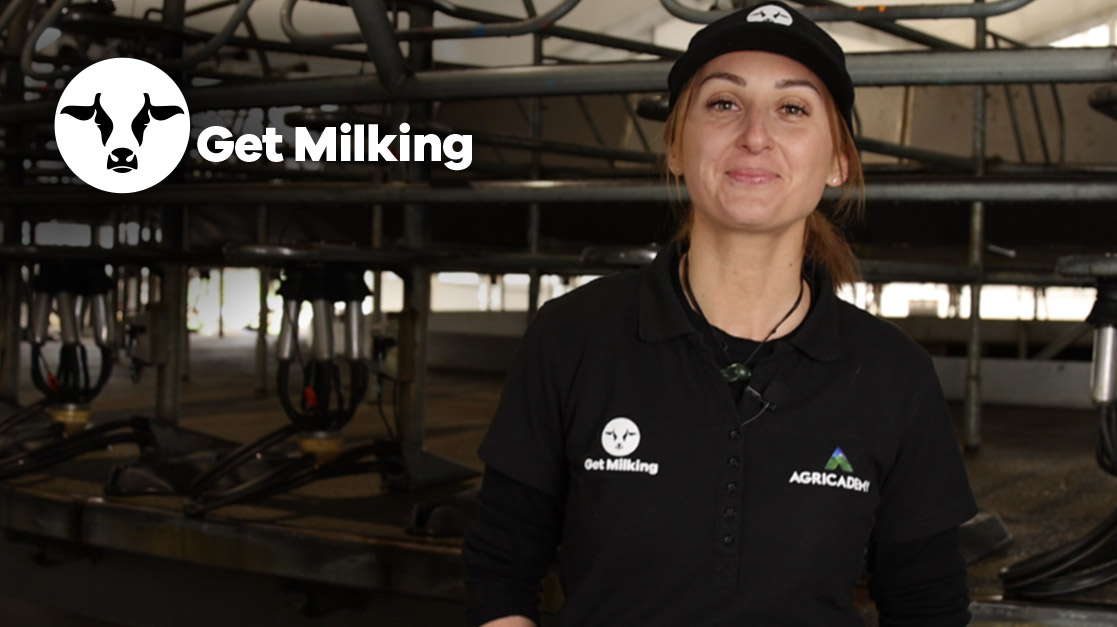By taking this course, you will learn everything you need to know about milk quality as dairy staff. You will be equipped with the knowledge to ensure that the milk in your vat is of a high standard.
Outcomes
By completing this course, you’ll be able to:
- Understand why milk quality is important to the NZ dairy industry
- Know how to keep up to date with current regulations and compliance
- Understand key aspects of compliance such as record-keeping and processes for maintaining milk quality
- Know what tests are being conducted on your milk
- Understand the function and operation of a dairy plant
- Recognise the components of a dairy plant and key checks to ensure they are operating correctly
- Understand the difference between clinical and subclinical mastitis
- Understand the wash process for the plant and vat
How to watch this training
There are 6 modules to watch, made up of 18 videos
As the learning progresses from video to video, the first time around, you’ll need to watch them in the order they’re listed. Once all have been watched, you can then go back to any specific video at any time you like. There are also pdfs of information and tips on each topic, which you can open, download and print. There are also one or two quiz questions at the end of each section to test your learning. Don’t worry if you get any wrong – you can try again!
When watching the videos note down any questions you have, so you can raise them with your employer, or classmates.
Remember, you can also book your on-farm training with us once you have completed your online modules!
Optional on-farm training and assessment
If you are interested in furthering your training and/or getting some milk quality assessments please contact us using the form below
Meet Shayla McGrory your trainer
Shayla McGrory began dairy farming in her late teens, working for Landcorp, then shifted to regulatory auditor QCONZ as a milk quality tutor, and worked for FIL in milk hygiene. She has extensive experience in advising farms with milk quality challenges, helping them understand root causes and implement changes.

